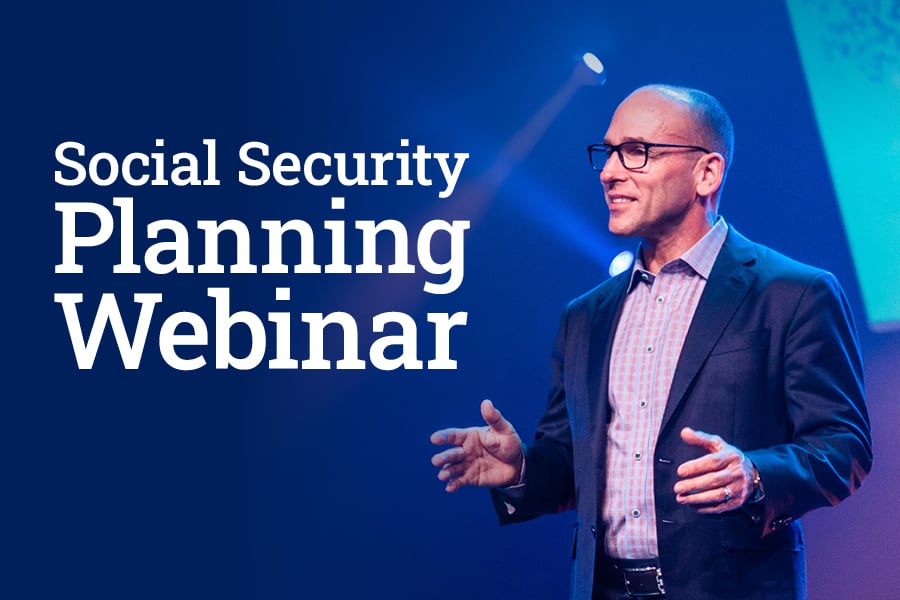Best in Class Advisors
NBRI3
Top 100 RIA Firm
Barron's1
30 Years in Business
19,000+ Clients
4th Fastest Growing RIA
FA Magazine2
$14 Billion
Assets Under Management4
9th in AUM Growth
RIA Channel7
Best Places to Work
InvestmentNews5
97% of Clients Stay With Us2
23,000+ Clients
Best in Class Advisors
NBRI3
Best in Class Ethics
NBRI3
30 Years in Business
$19 billion AUM4
Top 100 RIA Firm
Barron's1
Get to Know Us

30 years ago, Allworth Financial was founded as a clear alternative to the self-motivated, sales-focused advisory model that continues to dominate the industry to this day.
Then, as now, we believed we could do better — because you and your money deserve better. We place the needs of our clients first every single time, because when financial guidance is uncompromised by self-interest or distractions — and our success is dependent on your success — you get more than just advice.
You get a financial ally for life.


Why People Work With Us





The Complete Social Security Planning Webinar

Simplify the facts. Maximize your benefits.
Get Social Security ready! Watch our most popular webinar for free from the comfort of your own home as our experts teach you everything you need to know about when to apply, maximizing your benefits, program taxation, and more!
Just three dates to choose from — April 24th, 25th, or the 27th — so register for free today.

How Can We Help You?

Retirement Planning
We provide you with comprehensive retirement planning guidance that helps you achieve a sense of prosperity.
Social Security
Social Security advice to help you receive the maximum benefit amount and blend your other income to lower your tax burden.

Income Planning
Create a comprehensive income plan that enables you to comfortably live off the interest of your investments.

Tax Optimization
Just as important as a great investment portfolio, forward-thinking tax planning can save you tens of thousands of dollars.
Latest Podcast

April 20, 2024 - A teen with a large inheritance, a heart transplant recipient who wants financial success, and more.
On this week’s Money Matters, Scott and Pat help a 19-year old decide where to park $400,000 a distant relative passed down to him. It leads to a discussion about the importance of holding family meetings.
Join the Money Matters Podcast

Participate in the show! Ask Allworth CEOs Scott Hanson and Pat McClain your financial questions live on-air.
Latest Insights

What to do when a spouse passes away
There are few things as life-altering as losing a spouse. But unfortunately, as you grieve, the outside world doesn’t stand still. And that means decisions need to be made. Allworth co-founder Scott Hanson shares a few essential financial must-dos for the surviving partner.
Is It Time to Benchmark Your Company's Retirement Plan?
While your 401(k) plan may not have a chirping reminder, regular reviews, fee benchmarking, and a prudent process are key.
Why are stocks in your portfolio?
You hear about the stock market all the time, but do you understand the advantages and nuances of stocks themselves? Allworth co-founder Scott Hanson shares a few key reminders, including why stocks are beneficial to own during periods of high inflation.






